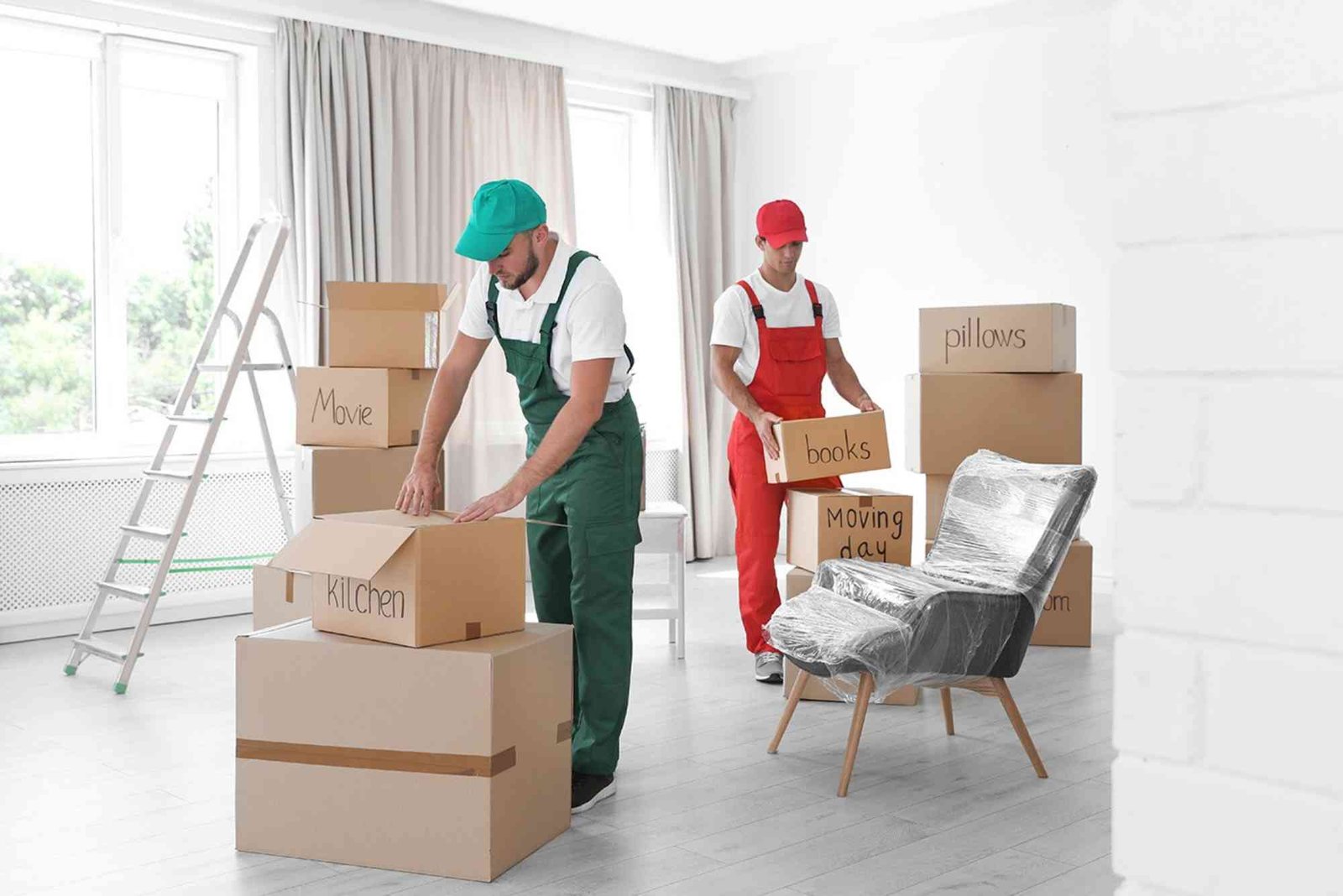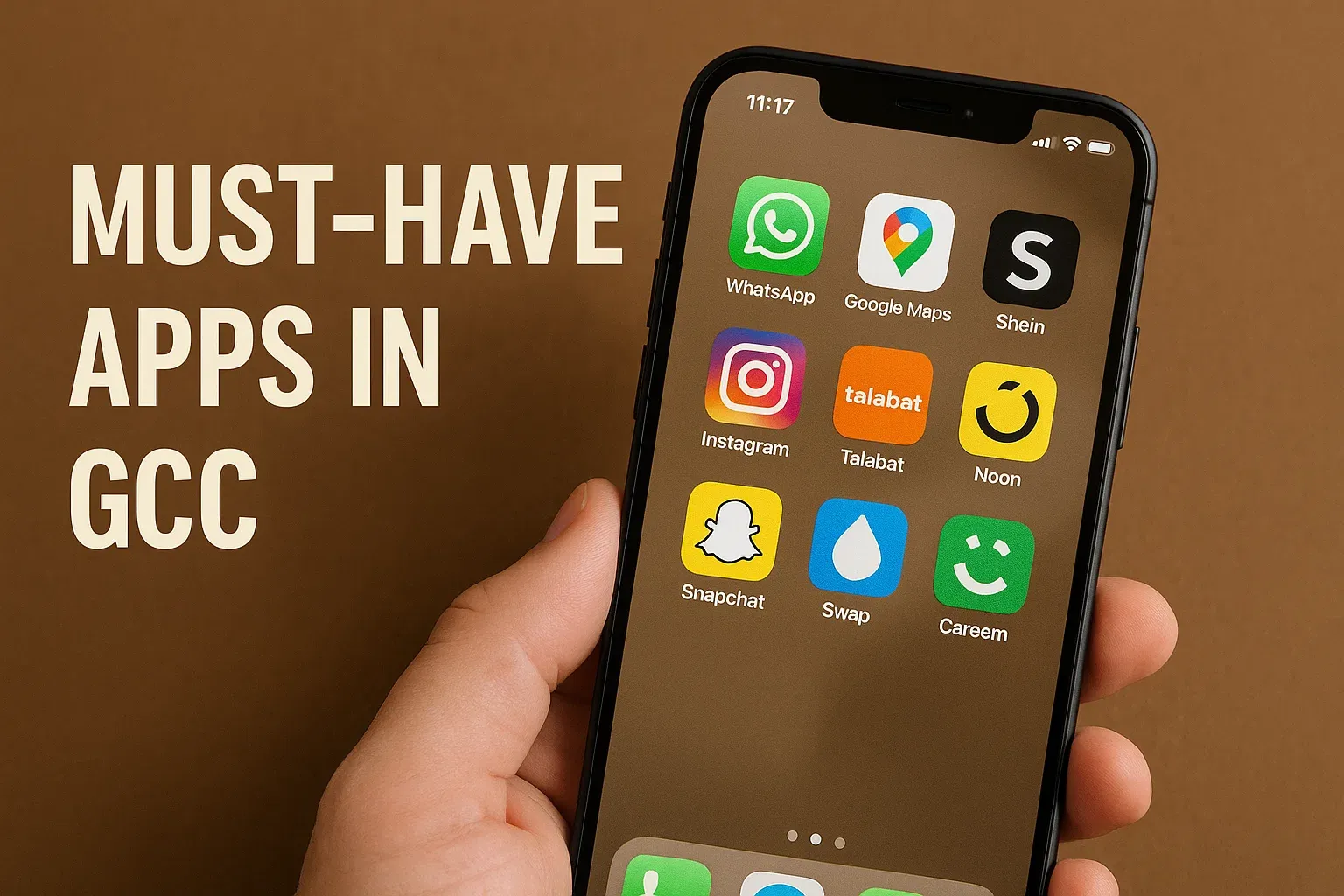Scroll through any smartphone screen in the GCC, and you’ll see a pattern apps that serve real needs. People don’t keep apps for fun. They keep them because they help.
Whether it’s paying bills, ordering food, managing work, or staying connected, apps have become something like a second assistant. And if they don’t work well? Deleted. Just like that.
The Gulf Cooperation Council (GCC) countries—UAE, Saudi Arabia, Bahrain, Qatar, Oman, and Kuwait—share more than geography. Their mobile usage habits reflect lifestyles that are fast-paced, digital-first, and convenience-driven.
Let’s explore the apps residents rely on most and why they’ve become staples across homes, offices, and social circles.
Everyday Apps That Stick Around
Here’s what makes an app worth opening again and again:
- Saves time
- Works consistently
- Feels local
- Makes something easier
Now let’s go deeper into categories. You’ll likely recognize a few of these apps—or maybe even use them yourself.
Also Read: 15 Must Have Apps In Dubai That Make Your Life Easier
1. Rides and Roads: You’re Always Going Somewhere
Commuting or catching a cab isn’t just about convenience anymore. It’s about control—choosing the route, seeing the driver’s name, watching the car approach.
Careem and Uber dominate, but each country in the GCC has its own version too. These apps don’t just move people. They reduce friction from everyday life.
Things users love:
- Fare estimates before the ride starts
- Options for solo, premium, or group travel
- Saved locations to book in two taps
- Seamless payments—no digging for cash
Behind these apps is an experienced app development company that knows how to keep the interface simple while managing a complex back-end.
2. Food & Grocery Delivery: “I’ll Just Order Something”
No one wants to wait an hour for their meal or find out their driver took a detour across town. The delivery apps that win in the GCC do one thing really well: they show up.
Whether you’re using Talabat, Jahez, or Deliveroo, the experience often comes down to three things:
- Reliable tracking
- Accurate menus
- Fast support
Grocery apps like Carrefour or TAMM have also become go-to choices, especially during long working hours or hot summer days.
These services would fall apart without solid infrastructure—usually managed by a Mobile app development company skilled in high-traffic platforms.
3. Government Services: No Lines, No Papers
People in the GCC expect to do official things on their phone. Renew a license? Schedule a health check? Pay a fine? There’s probably an app for that.
Take Absher in Saudi Arabia or DubaiNow in the UAE. These apps bring public services to your fingertips.
Users don’t need to figure out where to go or what form to fill. They just tap, read, and submit.
To make this possible, many government projects work closely with an app development company in Saudi Arabia or nearby to ensure everything works securely and smoothly.
4. Payments and Banking: No Branch Visit Required
Banking has shifted to mobile. That’s not a prediction—it’s already here.
Apps from Emirates NBD, Al Rajhi Bank, and Bank of Bahrain and Kuwait (BBK) offer users full control over their money.
Popular features include:
- Instant transfers between local and international accounts
- Utility bill payments
- Virtual debit cards for online shopping
- Biometric logins for extra ease
To maintain this level of functionality, banks often invest heavily in mobile app maintenance services, making sure bugs get fixed quickly and updates don’t break anything important.
5. Health & Appointments: Your Clinic is Online
The shift to online healthcare started during the pandemic, but it’s here to stay.
Apps like Sehhaty, Tawakkalna, and MyChart offer:
- Appointment scheduling
- Prescription refills
- Access to lab reports
- Teleconsultations
People no longer feel the need to wait in line or call a clinic. It’s all just… faster.
That said, user trust is fragile in health apps. Which is why their performance depends heavily on the engineering and design handled by a professional app developers Bahrain team or their counterparts across the GCC.
6. Learning, Working, Connecting: From Classrooms to Calls
The way people learn and work has changed. Mobile apps now cover everything from homework help to project management.
Apps like:
- Microsoft Teams or Zoom for work
- Kahoot or Noon Academy for education
- Slack for team communication
- LinkedIn for networking
These apps stay on phones because they’re not optional anymore. They’re how people get stuff done.
In fact, many startups in the GCC are working with local developers to create niche platforms for regional training or collaboration.
7. Fun, Games, and Stress Relief
Some apps are serious. Others just make life better.
Gaming is huge in the GCC. From casual puzzles to serious esports titles, mobile gaming is more than entertainment—it’s part of social life.
Games built by developers specializing in mobile game app development are beginning to include Arabic voice-overs, region-specific themes, and localized cultural references.
They don’t just attract players—they keep them engaged for months.
Why Mobile Apps Matter More Here
Why do people in the GCC care so much about app experience?
Because life moves fast, and no one wants to waste time.
Because waiting on hold or filling forms on paper feels like a step backward.
And because mobile is the first screen for most—whether it’s shopping, paying, learning, or relaxing.
Trango Tech Brings Thoughtfulness to GCC App Projects
Building apps people don’t delete
Trango Tech has worked across industries—transport, health, eCommerce, fintech—and brings that experience into every new collaboration. But what really sets them apart?
They ask the right questions before building anything.
They test ideas. They listen to user feedback. And they focus on making sure your app won’t just be downloaded—it’ll be used, appreciated, and recommended.
If you’re planning a digital product for GCC users, it helps to have a team like Trango Tech that actually understands how people live, shop, and interact here.
From back-end logic to design flow, Trango Tech is a partner that thinks like your audience does.
Final Thought: The Best Apps Don’t Brag, They Work
You probably won’t hear someone rave about their favorite government app or delivery platform. But they’ll be the first to complain if it breaks.
That’s the test. Quiet usefulness.
The apps that stick around aren’t flashy. They’re familiar. And in the GCC, that’s what people want—something that fits seamlessly into their life and doesn’t need explaining.
If you’re building something for this audience, aim for that. Let your app earn its place by being helpful, fast, and clear.
Because in this region, if your app doesn’t help—it’s gone.





